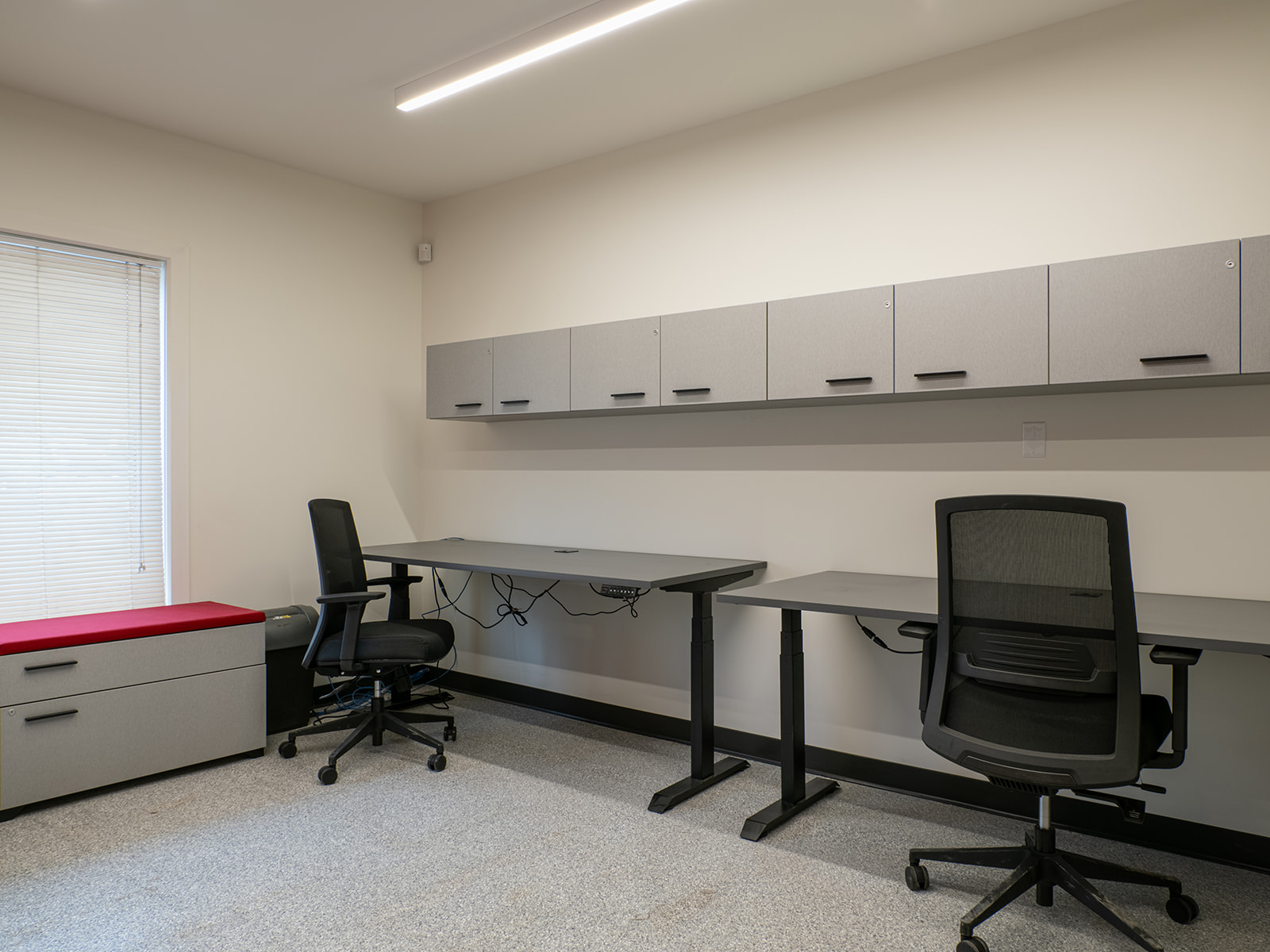Standing desks are increasingly recognized as a valuable tool for promoting employee health and well-being. By encouraging movement and reducing sedentary behaviour, these desks contribute to a healthier workplace environment.
Reduction of Sedentary Behaviour
Standing desks significantly lower the amount of time employees spend sitting.
Prolonged sitting has been linked to various health issues, including obesity, cardiovascular disease, and diabetes. By utilizing standing desks, employees are encouraged to adopt more active work habits. Research indicates that standing can help in burning more calories throughout the day, potentially leading to weight management and overall improved health outcomes. Furthermore, engaging in more movement while working may counteract the negative effects of sedentary behaviour. Thus, standing desks can be a simple yet effective way to foster a more active work culture.
Improved Posture and Reduced Back Pain
Standing desks can enhance posture and alleviate back pain.
Many individuals experience discomfort and pain due to poor posture while sitting for extended periods. Standing desks promote a more neutral spine position, which can significantly reduce the strain on the back and neck. Employees who alternate between sitting and standing often report decreased back pain and discomfort. Additionally, proper ergonomics at a standing desk can encourage movement, further aiding in muscle relaxation and tension relief. Overall, improved posture leads to a more comfortable work experience and enhances productivity.
Enhanced Mood and Energy Levels
Using standing desks can lead to better mood and elevated energy levels.
The transition to standing work can positively influence mental well-being. Studies have shown that individuals who use standing desks report lower levels of stress and fatigue. This enhancement in mood can be attributed to increased blood circulation and reduced feelings of lethargy. Moreover, the act of standing can stimulate energy and alertness, making employees more engaged in their tasks. Consequently, a lift in mood and energy can translate to improved overall work performance and satisfaction.
Increased Productivity
Standing desks can boost overall productivity among employees.
There is growing evidence suggesting a direct correlation between standing work and productivity levels. Employees who use standing desks often share that they feel more focused and efficient while performing tasks. The reduced discomfort associated with standing can lead to fewer distractions, allowing for greater concentration on work. Furthermore, the ability to move about easily while standing can facilitate collaboration and communication among team members. Enhanced productivity in the workplace can ultimately contribute to improved business performance.
Collaboration Opportunities
Standing desks may foster improved collaboration and communication in the workplace.
The open and flexible nature of standing desks encourages employees to engage more easily with colleagues. When employees are standing, they are more likely to move around and interact with their team members, fostering a collaborative work environment. This social interaction can lead to the sharing of ideas, brainstorming, and problem-solving. Enhanced communication not only stimulates creativity but can also improve team dynamics and morale. Thus, standing desks can contribute to a more cohesive and united workplace culture.
Potential for Reduced Health Risks
The use of standing desks may lower the risk of chronic diseases.
Research has indicated that extended sitting is a risk factor for multiple chronic diseases, including diabetes and certain types of cancer. By substituting sitting time with standing, employees may experience a reduction in these health risks. The increased activity levels associated with standing work are thought to improve insulin sensitivity and cardiovascular health. Furthermore, the overall increase in physical movement may lead to better metabolic functioning. Taking proactive steps such as implementing standing desks can thus be a significant strategy in promoting long-term health for employees.
Greater Employee Satisfaction
Employees using standing desks often report higher levels of satisfaction at work.
Providing standing desks can demonstrate an employer’s commitment to employee welfare, leading to greater job satisfaction. When employees feel their health needs are being prioritized, it can contribute to a positive workplace atmosphere. High levels of satisfaction can also correlate with lower turnover rates, as employees are more likely to remain in an organization that values their well-being. In summary, the integration of standing desks can enhance employee satisfaction, benefiting both the workforce and the employer.
In conclusion, standing desks present a myriad of benefits that can enhance employee health and wellness. By reducing sedentary behaviour, improving posture, increasing mood, and fostering productivity, they represent a forward-thinking approach to workplace design. Employers are encouraged to consider the implementation of standing desks to cultivate a healthier workplace culture.

